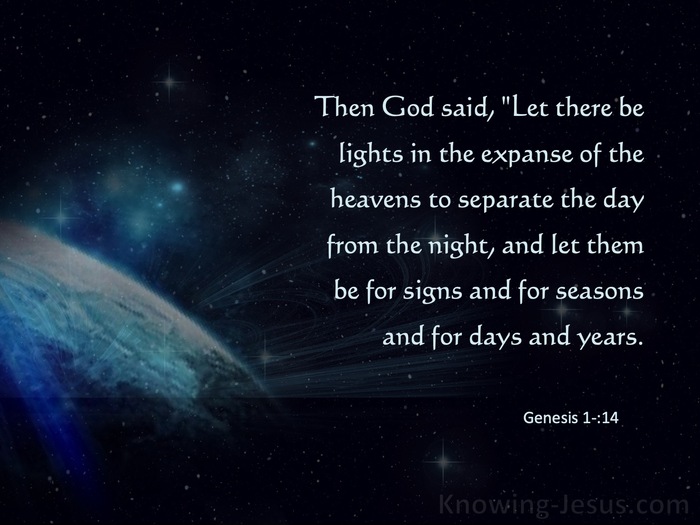
To those who have preferred spiritual welfare, He will give health of body, keenness of mind, success in business, and unbroken prosperity. Whatever difficulties may trouble you the Lord will disperse them. What shall I say to them? The time which you lend to God is not lost: he will return it to you with large interest. A day's labour hardly suffices to maintain them therefore I am compelled to abridge my discourse, so as not to keep them too long from their work. I know that many artisans, belonging to mechanical trades, are crowding around me. yea, sweeter than honey to my mouth." Yesterday then, as far as we were able, we delighted our souls by conversing about the oracles of God, and now to-day we are met together again on the second day to contemplate the wonders of the second day. It is this charm of truth which the Psalmist expresses so emphatically when he says, "How sweet are thy words unto my taste. And here I do not wish to speak of the narrator's talent, but of the grace of Scripture, for the narrative is so naturally told that it pleases and delights all the friends of truth. To-day we pass on to the wonders of the second day. Our discussion yesterday treated of the works of this day, and divided the narrative so as to give you food for your souls in the morning, and joy in the evening. Far be it from me indeed, to take from it the privilege it enjoys of having been for the Creator a day apart, a day which is not counted in the same order as the others. WE have now recounted the works of the first day, or rather of one day. (Quasten)īy Basil the Great in 364-369 | translated by Blomfield Jackson, M.Aġ. There is no work in late Greek literature which could be compared to these homilies in rhetorical beauty. He paints a colorful picture of the beauty of nature and unfolds the miracle of the cosmos in an amazing display of natural science and philosophy, which shows him abreast of contemporary research and scholarship.


In these homilies Basil intends to provide a Christian idea of the world in contrast to ancient pagan notions and Manicheism, and to show the Creator behind creation. Although they show traces of improvisation, they were held in high esteem in East and West. He gave them as Lenten sermons within one week, since on some days he preached twice, once in the morning and in the evening. Basil's homilies belongs to the nine on the Hexaemeron, the narrative of the "Six Days" of creation in Genesis I, 1-26, which he delivered before 370 while still a presbyter. This homily deals with the second day of creation: the creation of the "firmament in the midst of the waters," Heaven.


 0 kommentar(er)
0 kommentar(er)
